- Home/
- #RangDe Telethon: How Can We Prevent Children From Dropping Out Of School? Experts Share Solutions
#RangDe Telethon: How Can We Prevent Children From Dropping Out Of School? Experts Share Solutions
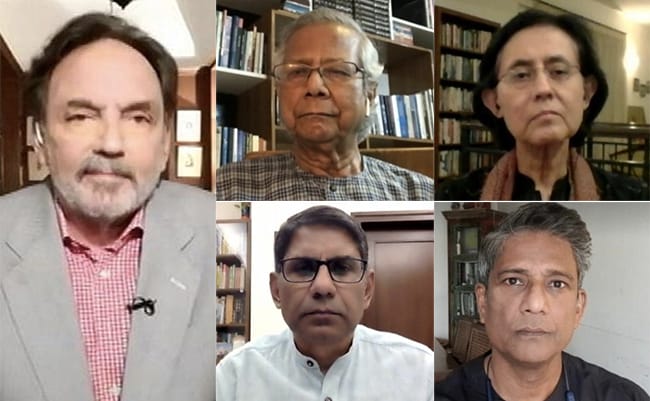
New Delhi: Schools are beginning to reopen amidst a lot of chaos. Teachers have had to undergo salary cuts, many parents have not been able to pay the school fees due to job losses. For low income households, the challenge is accentuated further. With classes going online, thousands of children have had to scramble for gadgets to get online. The digital divide has never been more obvious, resulting in several kids dropping out of school.
Keeping the education crisis in mind, Rang De and NDTV have come together once again, this time, with an aim to prevent children from dropping out of school and help them continue their education, despite the disruption caused by COVID-19 pandemic. Rang De India For Education campaign hopes to provide interest free loans to young students from low income households that can be availed to cover however not limited to the following: a. Admission and Tuition fees, b. Expenses incurred for buying books, instruments and gadgets (laptops, smartphones).
As a part of the campaign, a 2-hour special telethon was organised and experts, social workers and celebrities came together to discuss on how together the community can help protect the future of India - children. Joining the telethon with NDTV's Dr Prannoy Roy, Muhammad Yunus, Founder, Grameen Bank, Nobel Laureate & Magsaysay Awardee, explained the context of the campaign and how it can help the young students from low income households. He said,
If you draw a line for 5 dollar, 50 cents income a day, half of the population of the entire world will be below that. If pandemic comes, people are pushed further down. People were just above poverty line, pandemic (wind) came and pushed them back. Probably 75 per cent of the population of the world is under debt right now. We need a different kind of machine so that people and wealth live together. We have to redesign things. How do we do that? Rang De is doing one thing, offering credit, financing. Behind education is entrepreneurship, when you combine education and entrepreneurship, you don't need anything else.
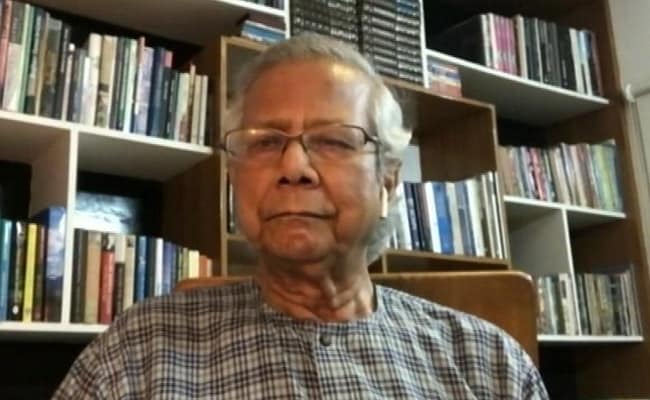
Muhammad Yunus, Founder, Grameen Bank, Nobel Laureate & Magsaysay Awardee on why campaigns like Rang De is the need of the hour
He further said,
Even before the pandemic, the problem was same. Pandemic made the problem bigger and unbearable. When we give finance to people and education loan, 97 per cent of borrowers are women and they are illiterate. We want to make sure their children get literate. If you cross high school, you will go to college, etc. by providing finances, we have created a lot of graduates, post graduates. Gramin Shiksha is focusing at children and their education. We take donation, money from people who sponsor child's education. Interest free loan is a very good thing but the point is you can make this huge and help benefit millions of students.
Highlighting the benefits of of social investment and interest free loans and how can it help the vulnerable families, especially in a time like this, Vinita Bali, Former CEO & Managing Director, Britannia Industries Ltd said,
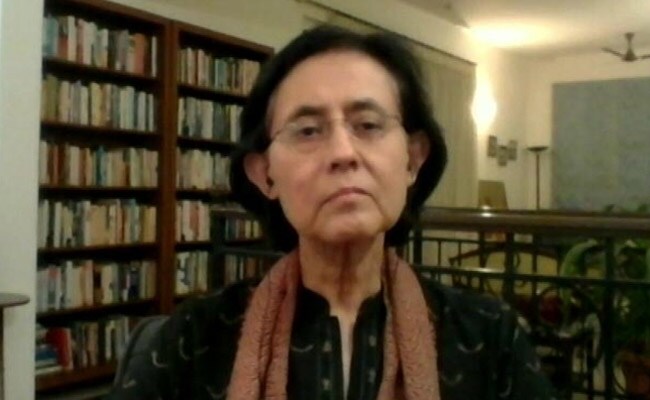
Vinita Bali, Former CEO & Managing Director, Britannia Industries Ltd on focussing on ensuring that our girls stay in schools
Education of boys and girls, especially girls is for the future of India. For example, in several visits, I had made in schools of rural India, tier 2 and 3 cities, one thing that came across was, mother will do whatever it takes to ensure her daughter will not lead the life she lived. The way out is education and therefore they are willing to go to any extent to send their daughters to school. If you ask girls what do they want to do, they will say serve the country, become scientist, teacher or join the army. It is so unfair that at a time like this we have to pull children out of school. Our estimate is that there are 600 million children currently out of school, majorly of which are girls therefore initiatives like this are important and people like us have to support.
Stressing on the fact that education is the most basic right of children and it is a very important factor, Kumari Shibulal, Founder, Sarojini Damodaran Foundation added,
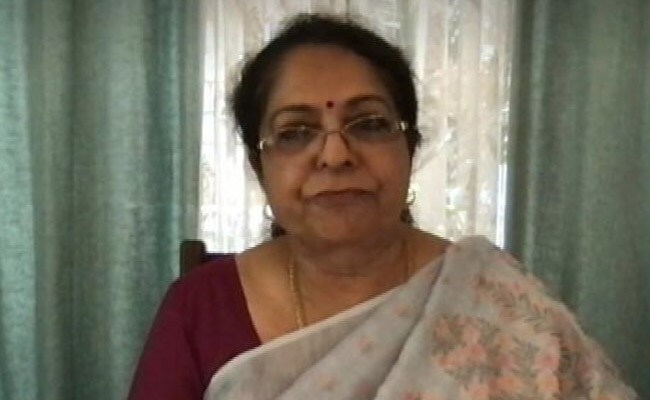
Kumari Shibulal, Founder, Sarojini Damodaran Foundation on education being the basic right of children
I can give you an example. Yesterday I received a call from my school. And we have a hostel there, that hostel is for the underprivileged children. They are studying in the school because if they are in their houses, they will not be able to study. So, yesterday, I got a call in which I was informed that the government has ordered that all the children have to go home. We worked so hard with these children to make up their study routine, build up their emotional well-being, but now all of them have to go back. It is really hard. Because once they go home, they don't have any of this, they will not even have any food. They will not be able to study properly. So, a lot of children are struggling like that. People like us has to support these children, only then they can get an improved life and get a better life.
Explaining to people why it is so critical for each one of us to support the cause of ensuring that education is not disrupted for an entire generation, Parth Shah, General Secretary, National Independent Schools Alliance added,
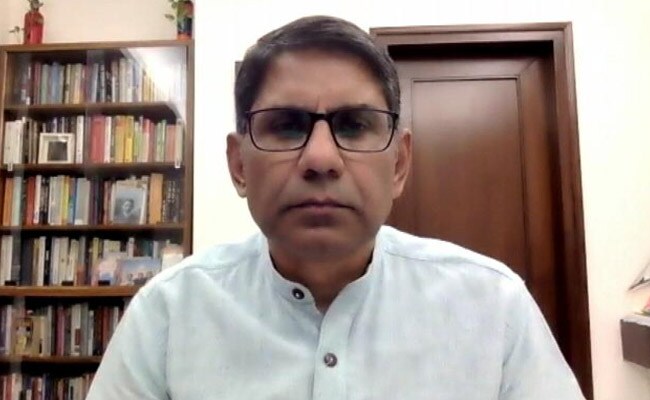
Parth Shah, General Secretary, National Independent Schools Alliance calls for helping parents educate their children
We did a survey in 70,000 schools which showed us a worrying trend that fees received by schools last year range from meagre 6 percent in Madhya Pradesh to 25 percent in Delhi. It shows that we desperately needs to help parents those who want to educate their children.
Sharing experiences of last one year and learnings from the pandemic, Vishal Talreja, Co-Founder, Dream A Dream, an organisation that has been working to empower children from vulnerable backgrounds, with education and life skills, said,
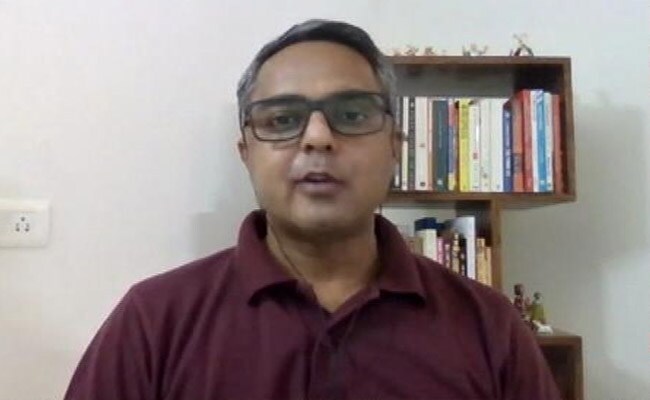
Dream a Dream has been working with children and young people from vulnerable background building life skills and helping them deal with this kind of uncertainty. Pandemic is a wake up call. We are running life skill programme which has helped these children. We work with million children, helping them deal with uncertainty and complexities. One of the key aspects is how we could prioritise education. The big challenge we are looking at is the fact that children have lost 1 year of learning. How do we train teachers help children come out of trauma and how can we ensure that they can move forward in this world. We all need to step up and do something about this.
Sameer Shisodia, CEO, Rainmatter Foundation also joined the telethon and talked about why campaigns like Rang De India for Education is the need of the hour. She added,
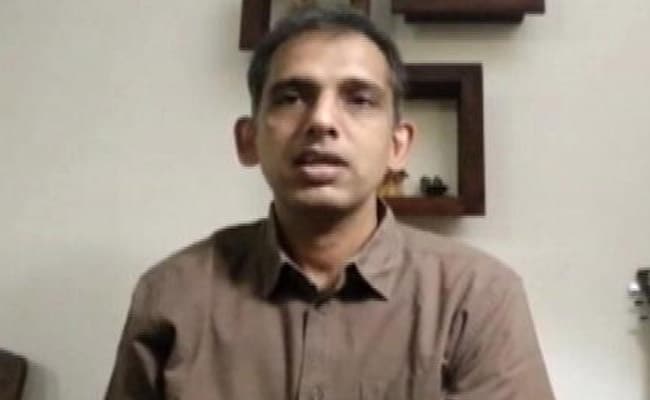
Sameer Shisodia, CEO, Rainmatter Foundation urges people to lend their support to Rang De India campaign for Education
COVID has created extremely difficult situations and disruptions in the lives of many of our fellow citizens. At Rainmatter, even as we chase the broader agenda of climate change & ecosystem degradation, we do recognise that we do need to help those who are immediately impacted by these changes that are happening to all of us. We are thankful to Rang De to allow us to extend a helping hand, earlier to farmers, and now to students, who need to continue with their lives and with their education through these very, very challenging times. We also encourage you to pitch in and help out these students to the best of your ability.
Urvashi Sahni, Founding President & CEO, Study Hall Educational Foundation, a pioneer in the field of affordable private schools and digital learning, spoke about how has the pandemic affected learning and especially for young girls. She said,
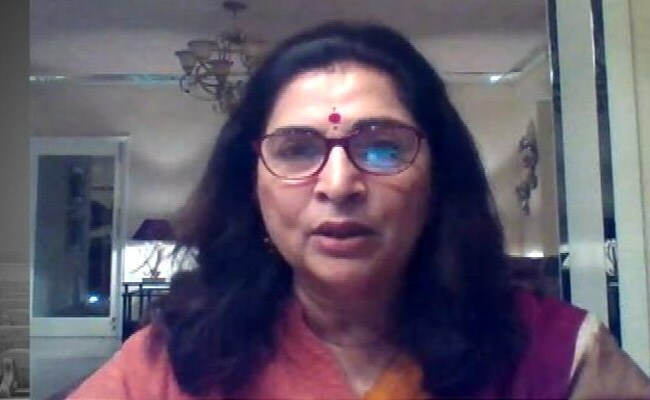
Urvashi Sahni, Founding President & CEO, Study Hall Educational Foundation on how pandemic has affected education in India
Pandemic showed us the digital divide. Everyone promoted digital divide but in reality people don't have devices. Even if they have a device like phone, there is only one. Then there is not enough money for data (internet). It is so possible for girls to dropout right now. They are the first one to be targeted and pull out of schools. Then the option is to marry them off. So, definitely, there is an urgent need to look out for solutions.
Highlighting why the campaign has chosen education as a focus area this time, Smita Ram, Co-Founder & CEO, Rang De said,
Livelihoods only address the situation of families. Education is a game changer and can uplift entire generation out of poverty. This is really for future generations and that is why we are focussing on education.
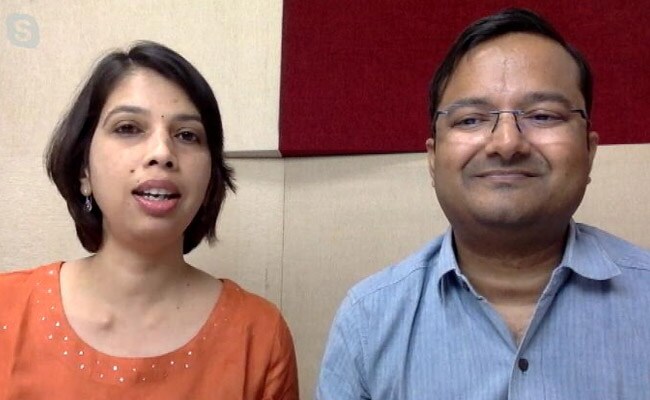
Rang De India campaign founders talks about the campaign
On the other hand, talking about this model of social investment and has it taken root with people accepting it, Ram Nk, Co-Founder & Director, Rang De added,
I think we have just started and still have a long way to go. It will take a while for people to understand it is investment which will come back. They will have to experience it. We have just got started and there is a long way to go until this becomes a big movement.
Bikram Chaudhury, CEO, Greenarc Capital who has pledged 1 crore that will help provide interest free loans and help sustain the education of countless young students, said,
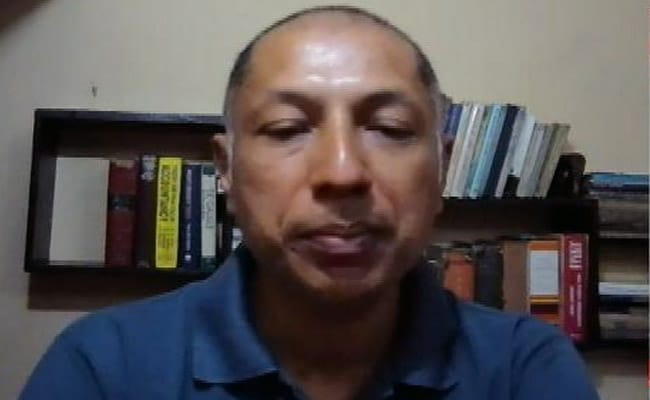
When you see the impact of COVID, it is a classic case of split recovery, you have white collar workers. Our lives have inconvenience but not disrupted. Blue collar workers have got the blow. It is our role to see how we invest and help in education. One year of loss of education typically leads to 5 years gap in earning between that child and the kid who continued education. Entire assistance has to be in a timely manner. Even a drop of 1 semester is very harmful for a teenager. We have to focus on this as a priority, India is a young nation and we need to invest in our human health.
Actor Adil Hussain also joined the telethon to lent his support to the initiative. He added,
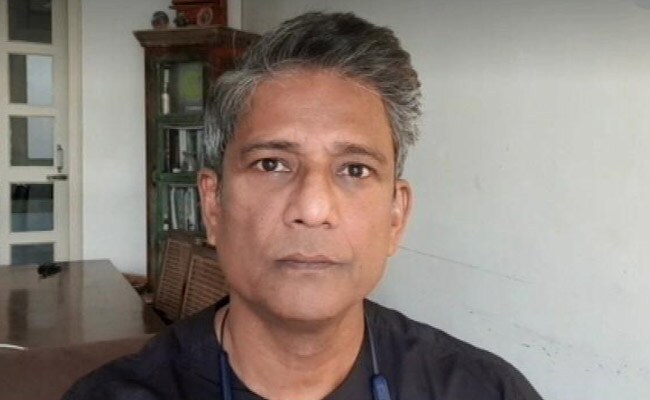
Actor Adil Hussain says it is everyone's responsibility to help those who cannot afford education
I think this is a responsibility of every country or every society that we do not leave behind amazing talents, those who are born in a rural areas, or in the areas where economy hasn't yet gone in and lifted them up. I come from a very poor background myself. My father was a teacher. My father could not have afforded my education unless it was free, right from primary school till I came to National School of Drama and got a scholarship to study acting in London. And there are so many other examples like that in our film industry itself - Nawazuddin, Pankaj Tripathi, Irrfan Khan.. And there could be thousands of Pankaj Tripathis and Adils, and those who are aspiring to go for higher studies in different fields, according to their inner calling. And I think the initiative by Rang De is one of the most important initiative, because unless we educate the most important section, that means that the larger section of our society is not being able to support themselves, to go for education, and secondary and higher secondary and higher education.
Highlights
MoreAbout The Campaign
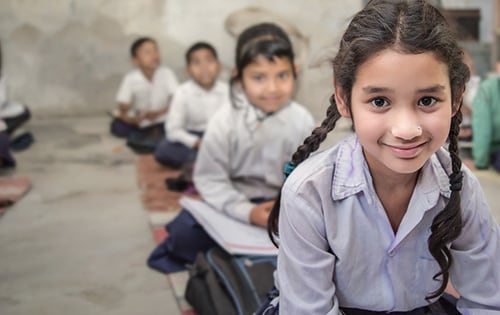
Schools are beginning to reopen amidst a lot of chaos. Teachers have had to undergo salary cuts, many parents have not been able to pay the school fees due to job losses. For low income households, the challenge is accentuated further. With classes going online, thousands of children have had to scramble for gadgets to get online. The digital divide has never been more obvious, resulting in several kids dropping out of school.
To address the brewing crisis in the education space, Rang De along with NDTV hopes to intervene by providing interest free loans to low income households. The campaign aims to create awareness about the problem and raise interest free loans for student communities across India.
About The Partner
Rang De is a peer-to-peer lending platform that enables individuals to invest in fellow Indians. Started in 2008 as a non-profit, Rang De is now an RBI regulated peer-to-peer lending platform (NBFC-P2P).
Rang De's mission is to provide access to low cost, collateral-free loans with respect and dignity. Since inception, Rang De has been supporting farmers, artisans and small businesses and individuals who have been denied credit or cannot afford high-interest loans.




